Coughing can be an irritating and persistent symptom, often caused by respiratory conditions such as the common cold, bronchitis, or allergies.
While there are many treatments available, humidifiers are frequently recommended for soothing a cough, particularly when dry air is exacerbating the condition.
If you're considering using a humidifier to help with a cough, it's essential to understand how they work, the different types available, the potential benefits, and the precautions you should take.
But what to know about using a humidifier for cough? Keep scrolling to find out!
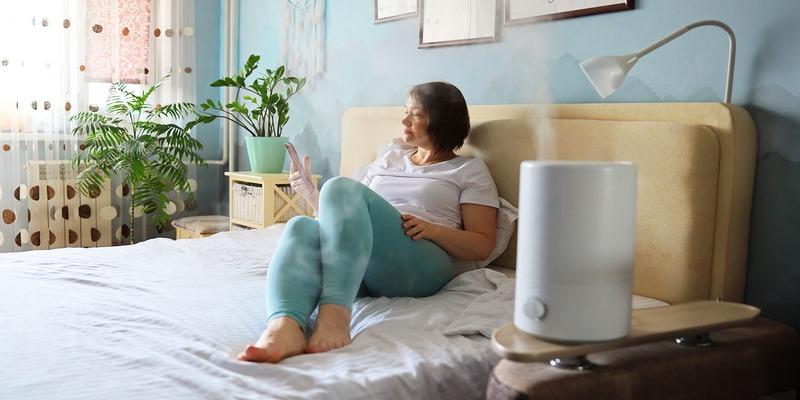
Humidifiers are devices designed to add moisture to the air, increasing humidity levels in indoor environments.
This can be particularly beneficial when you're experiencing a cough, especially in dry climates or during the colder months when indoor heating systems dry out the air.
Dry air can irritate the respiratory tract, causing coughing, sore throat, and congestion. Heres how humidifiers help:
A cough can worsen in dry environments because the throat and nasal passages become irritated due to the lack of moisture.
By increasing the humidity in the air, a humidifier can help to keep these passages moist, reducing irritation and making it easier to breathe.
When the air is dry, mucus in the respiratory tract can thicken, making it harder to expel through coughing.
Adding moisture to the air helps to thin the mucus, making it easier to cough up and clear the respiratory pathways, leading to faster relief.
Dry air can lead to inflammation in the airways, contributing to coughing. Humidified air can soothe inflamed tissues, reducing the frequency and severity of coughing.
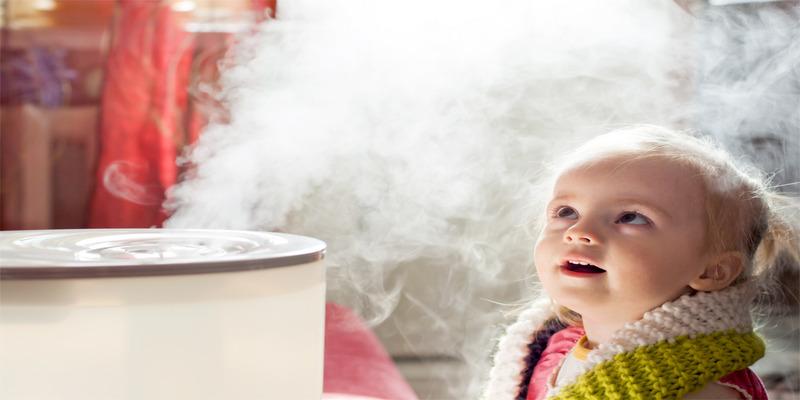
There are several different types of humidifiers available, each functioning slightly differently. Understanding the differences can help you choose the right humidifier for your needs.
These humidifiers emit a cool mist of water vapor into the air. They are the most common type and can be beneficial for cough relief, as the cool air may help reduce swelling in the nasal passages and throat.
Cool mist humidifiers come in two varieties:
Also known as steam vaporizers, these humidifiers boil water and release steam into the air. The warm mist can help to relax muscles in the respiratory system and provide relief from congestion.
However, warm mist humidifiers come with a higher risk of burns, especially if used in childrens rooms, so they require careful placement and use.
Some humidifiers combine both warm and cool mist options, giving you flexibility depending on your needs. This can be particularly useful if you're using a humidifier year-round, adjusting to the season and your preferences.
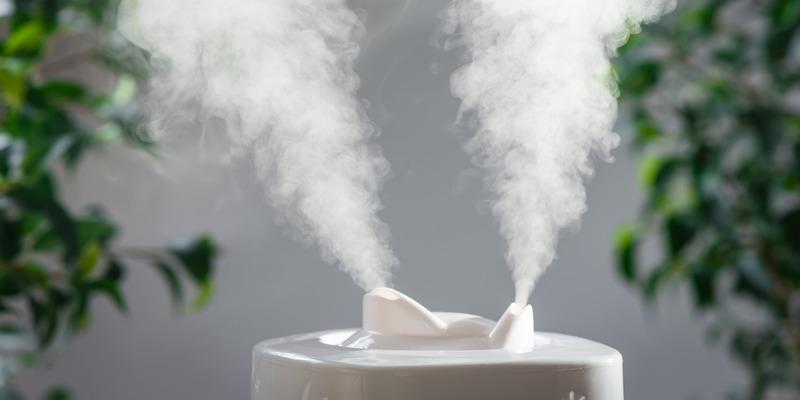
Humidifiers offer several benefits when used to relieve a cough, mainly when dry air is a contributing factor:
Coughing often worsens at night, making it difficult to get restful sleep. Humidifiers can help by adding moisture to the air and easing nighttime coughing, helping you to sleep more comfortably.
If your cough is due to allergies, humidifiers can help reduce the presence of allergens like dust mites and mold spores that thrive in dry air.
By maintaining an optimal humidity level (typically between 30% and 50%), you can reduce the likelihood of allergens becoming airborne and irritating your respiratory system.
Moist air can help the body heal faster by keeping mucous membranes moist, reducing inflammation, and supporting a healthier respiratory environment. This is especially helpful when recovering from colds or the flu.
In addition to helping with respiratory issues, humidifiers can also prevent the drying of skin, eyes, and lips, which can be uncomfortable side effects of prolonged exposure to dry air.
While humidifiers can be helpful for relieving a cough, there are some important precautions to keep in mind to ensure they are used safely and effectively:
While adding moisture to the air is beneficial, too much humidity can lead to other health issues, such as the growth of mold, dust mites, and bacteria, which can trigger allergies and respiratory problems.
Keep the humidity level between 30% and 50%, and use a hygrometer to monitor indoor humidity levels.
Humidifiers can become breeding grounds for bacteria, mold, and mildew if not cleaned properly.
Ensure that you clean your humidifier regularly, according to the manufacturers instructions, to prevent the dispersal of harmful pathogens into the air.
Tap water contains minerals that can accumulate in your humidifier and be released into the air in the form of "white dust."
These minerals can aggravate respiratory issues in some individuals, particularly those with asthma. Using distilled or deionized water minimizes this risk.
What to know about using a humidifier for cough? Using a humidifier can be an effective way to manage a cough, particularly if dry air is exacerbating your symptoms. By adding moisture to the air, a humidifier helps to reduce irritation, thin mucus, and provide relief to your respiratory system.
However, its important to choose the right type of humidifier, use it safely, and keep it clean to avoid potential health risks. While a humidifier can be a helpful tool, its not a substitute for medical care if your cough persists or worsens.

By Juliana Daniel/Oct 31, 2024

By Christin Shatzman/Sep 25, 2024
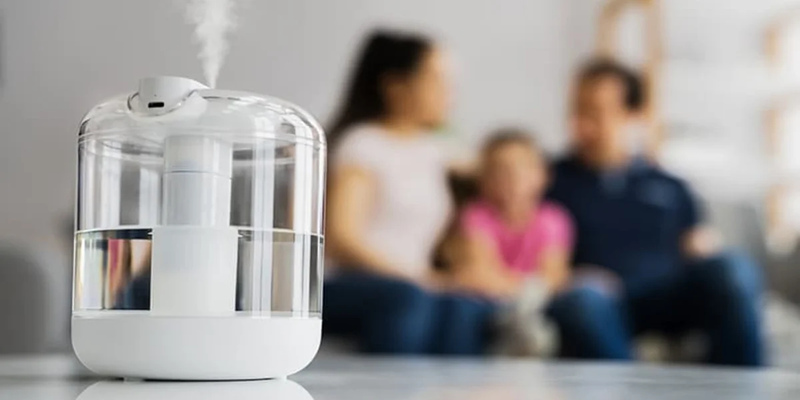
By Noa Ensign/Sep 20, 2024

By Susan Kelly/Sep 25, 2024

By Susan Kelly/Aug 24, 2024
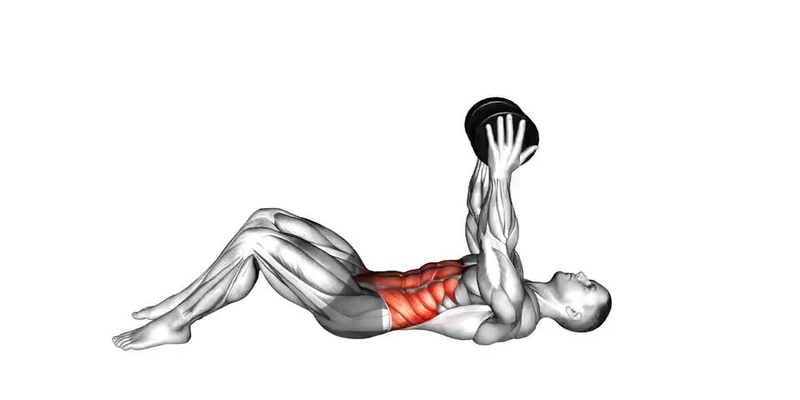
By Madison Evans/Sep 21, 2024

By Aldrich Acheson/Sep 25, 2024

By Sean William/Sep 26, 2024

By Gabrielle Bennett/Sep 26, 2024

By Celia Shatzman/Sep 20, 2024

By Maurice Oliver/Sep 20, 2024

By Martina Wlison/Sep 20, 2024